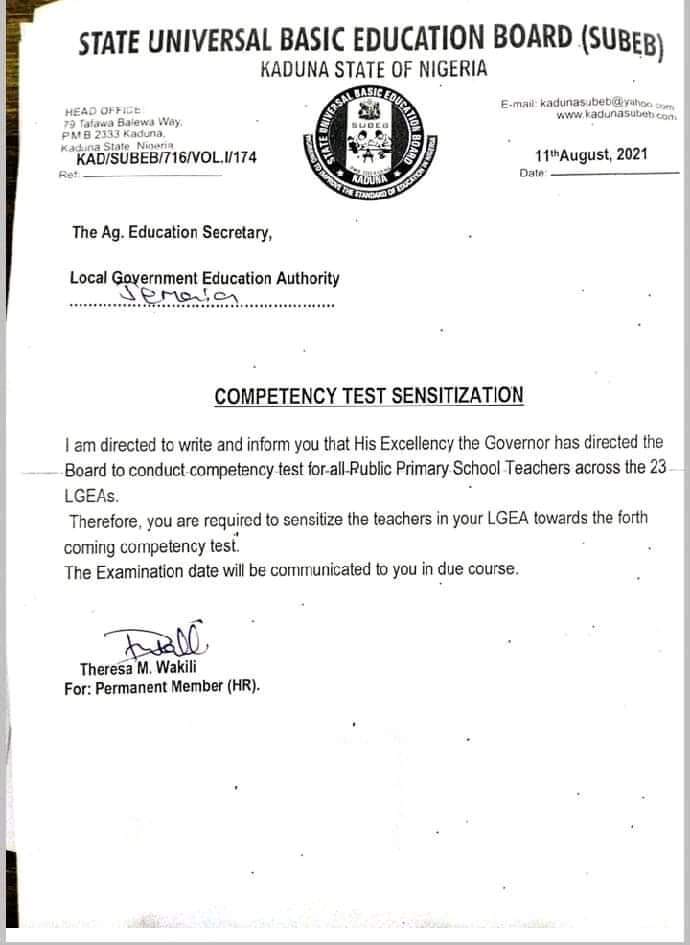Your language is your superpower: My stand on using local languages in schools
By Maryam Augie-Abdulmumin With the approval of the National Language Policy by the Federal Executive Council (FEC), instruction in primary schools within Nigeria will now be done in the mother…


